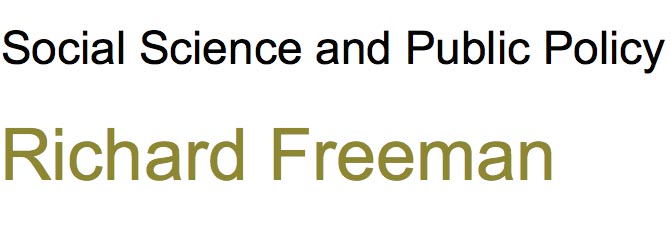The literature on the role of knowledge in policy making encompasses a striking diversity of views on just what knowledge is, what different types of knowledge there may be and how they are to be observed empirically. In this paper, we propose a new phenomenology of knowledge based not on ‘who knows what, how, why’ but on the form that knowledge takes. Drawing a simple analogy with the three phases of matter – solid, liquid and gas – we argue that knowledge, too, exists in three phases, which we characterise as embodied, inscribed and enacted. And just as matter may pass from one phase to another, so too knowledge can be transformed, through various kinds of action, between phases. After reviewing the literature on knowledge and policy, we elaborate this three-phase model in the third section of our paper below. Our argument is illustrated and elaborated through a case study of the World Health Organization (WHO) in Europe. As a knowledge-based organization, it offers a useful opportunity to explore the nature of knowledge in policy making; in doing so, we ground our theoretical model in empirical observation. We conclude by discussing the implications of our perspective for future work both in research and policy. link
